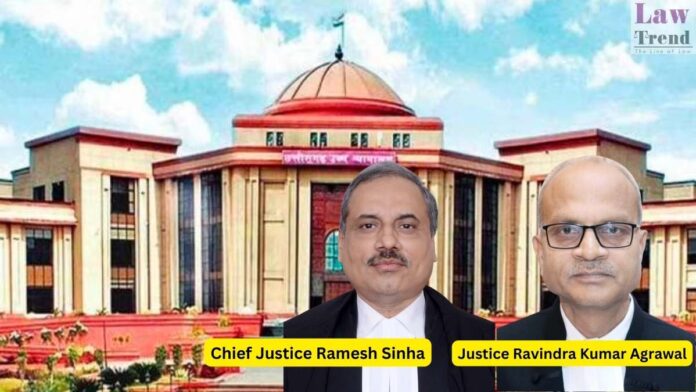The Chhattisgarh High Court, in a significant ruling, overturned the conviction of Arjun Singh Rajput in a murder case, emphasizing that a dying declaration alone cannot be the sole basis for conviction if there is doubt regarding the victim’s mental fitness at the time of making the statement. The Division Bench, comprising Chief Justice Ramesh
To Read More Please Subscribe to VIP Membership for Unlimited Access to All the Articles, Download Available Copies of Judgments/Order, Acess to Central/State Bare Acts, Advertisement Free Content, Access to More than 4000 Legal Drafts( Readymade Editable Formats of Suits, Petitions, Writs, Legal Notices, Divorce Petitions, 138 Notices, Bail Applications etc.) in Hindi and English.




